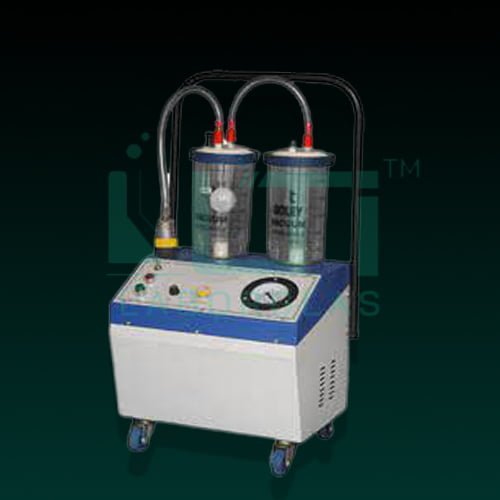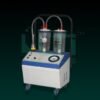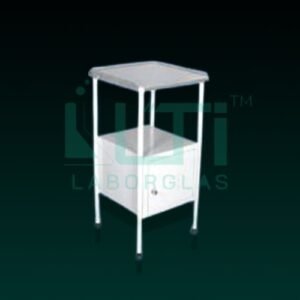Here are some common uses of hospital suction units:
- Airway Clearance: Suction units are frequently used to clear the airways of patients who are unable to cough effectively, such as those with neuromuscular disorders, unconscious patients, or individuals undergoing surgery under general anesthesia. This helps prevent respiratory complications.
- Surgical Procedures: Suction units are used in various surgical procedures to remove blood, saline, and other fluids from the surgical site. This ensures a clear field of vision for the surgical team and helps maintain a sterile environment.
- Emergency Situations: Suction units are essential in emergency situations, such as the rapid removal of blood or fluids from the airways of trauma patients or those experiencing massive bleeding.
- Respiratory Care: Patients with respiratory conditions or those on ventilators may require suctioning to clear excessive mucus or secretions that can obstruct the airways. This is common in conditions like chronic obstructive pulmonary disease (COPD) or pneumonia.
- Intensive Care Units (ICU): Suction units are commonly used in intensive care settings to manage patients who may be at risk of airway obstruction due to various medical conditions or interventions.
- Neonatal Care: In neonatal intensive care units (NICUs), suction units are used to clear the airways of newborns who may have difficulty clearing secretions independently.
- Dental Procedures: Suction units are used in dental offices to remove saliva, blood, and debris from the oral cavity during various dental procedures.
- Home Care: Portable suction units may be prescribed for patients with chronic conditions or those recovering from surgery, enabling them to manage their airway clearance at home.
- Obstetrics and Gynecology: Suction units are utilized during obstetric and gynecological procedures, such as during cesarean sections or to clear fluids during suction curettage procedures.







